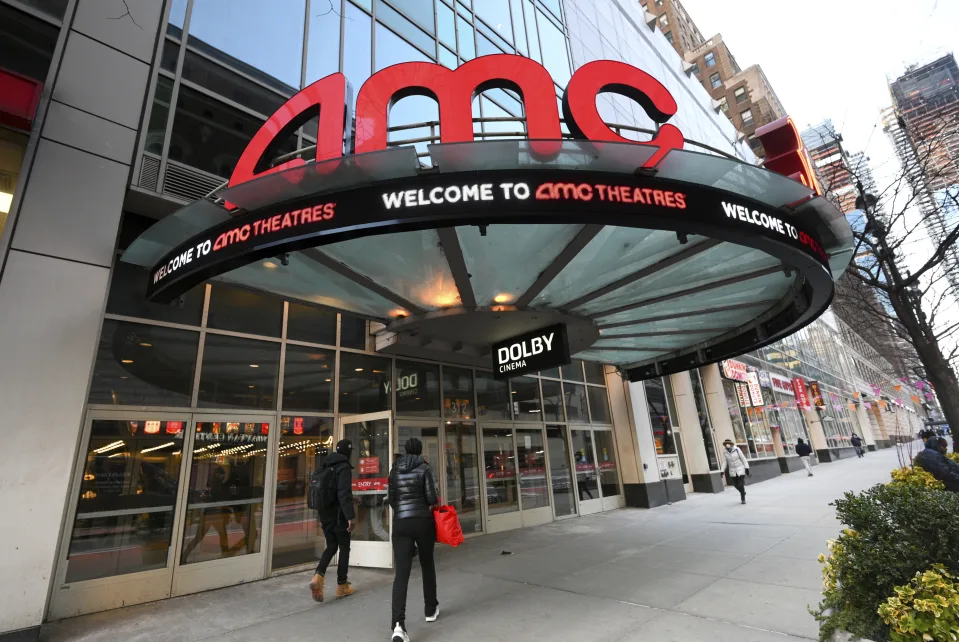
AMC stock (AMC) soared 33% on Monday after a court ruling denied AMC’s move to convert AMC preferred equity shares (APE) into regular AMC shares and the theater chain saw its busiest day in four years over the weekend.
Opening weekend for “Barbie” and “Oppenheimer” brought more than 7.8 million moviegoers to AMC-operated theaters, according to the company. On Saturday, the theater chain posted the best single-day attendance since July 2019 while food and beverage revenue hit its second-highest daily total ever.
The stock had already been on the move after hours on Friday following a Delaware court ruling on AMC’s share conversion. Shareholders initially approved the conversion of APE units into AMC common stock in March, pending the Delaware court ruling.
“Part of what swayed the judge was the nearly 3,000 individuals who sent in letters to sway the opinion, presumably out of concern for further share dilution,” Wedbush vice president of equity research Alicia Reese wrote in a note on Monday morning.
The stock conversion reversal comes as the theater chain’s quarterly revenue is still lagging 2019 levels following the pandemic’s detrimental impact on movie theater attendance. Amid turbulent times, the company has relied on its meme stock branding to help raise capital.
But with shares down more than 70% this year, CEO Adam Aron once again spoke directly to his retail investor base. In an open letter to investors on Sunday night pleading for the ruling’s reversal, Aron noted that raising fresh equity is “critical to our company.”
“AMC must be in a position to raise equity capital. I repeat, to protect AMC’s shareholder value over the long term, we MUST be able to raise equity capital,” Aron wrote in the letter. “That is especially the case now with the added uncertainty caused by the writers and actors strikes, which could delay the release of movies currently scheduled for 2024 and 2025.”
“If we are unable to raise equity capital, the risk materially increases of AMC conceivably running out of cash in 2024 or 2025, or of AMC being unable to satisfactorily refinance and stretch out the maturity of some of our debt (which is required of us beginning as early as 2024).”





























